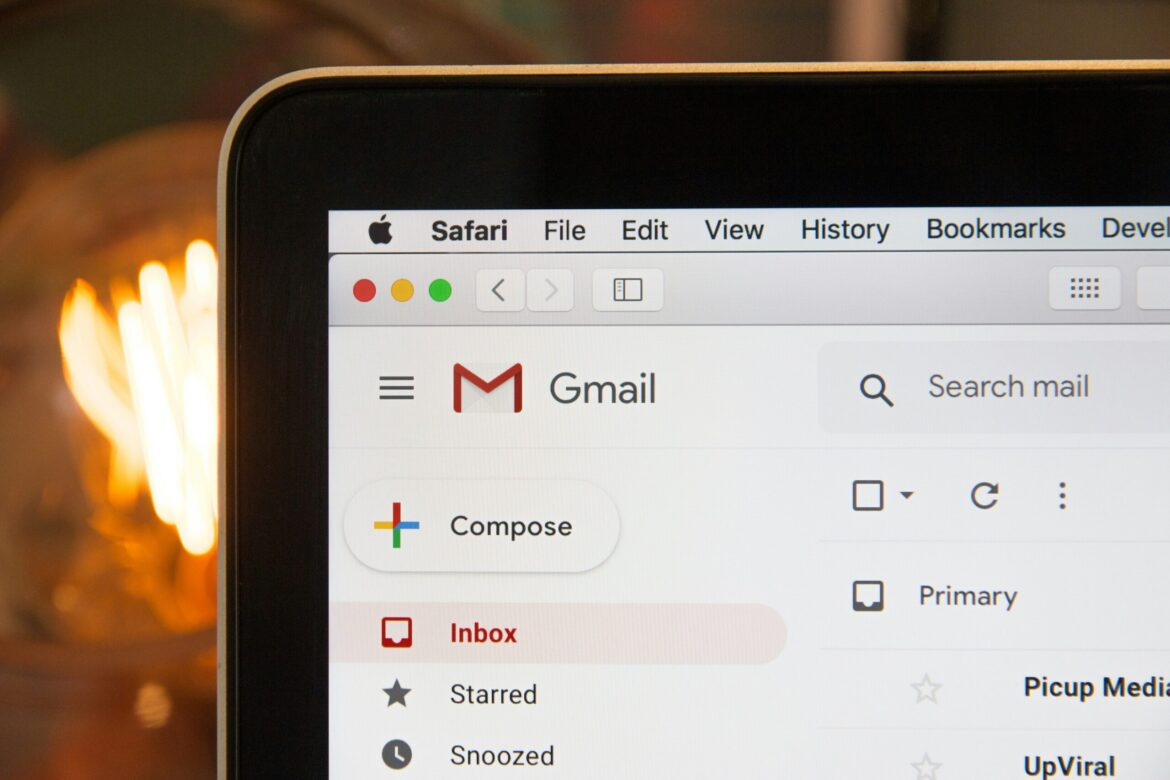In today’s digital age, most of us start our day with a flood of emails. Whether it’s work-related or personal, our inboxes often take center stage. But have you ever noticed how your body responds while checking or sending emails? If you’re unaware, you might be experiencing something called email apnea—and it could be affecting your health and productivity in ways you don’t even realize. Here’s how to recognize and manage this hidden stressor.
What is Email Apnea?
Email apnea refers to the tendency to hold your breath or breathe shallowly while managing emails, a phenomenon similar to sleep apnea, a serious condition where breathing stops and starts during sleep. This concept was coined by Linda Stone, a speaker and writer, and is often triggered when we’re intensely focused on email-related tasks. David Perls, a mindfulness expert, notes that the more we focus on these digital tasks—especially multitasking—our breath may become shallow or even stop entirely.
Why Does Email Apnea Happen?
The root cause of email apnea is primarily linked to stress. According to psychiatrist Dr. Jasmine Sawhne, intense focus on emails, especially when composing or reading them, can inadvertently activate the body’s stress response. This triggers the sympathetic nervous system, which is responsible for the “fight-or-flight” reaction. When this happens, your brain prioritizes focus over breathing, reducing the amount of oxygen entering your body.
Moreover, the anxiety many feel from work emails, such as hearing from a boss or dealing with a full inbox, can heighten this response. Psychologist Dr. Shaakira Haywood Stewart emphasizes that high-achieving individuals and perfectionists are more prone to this, as they strive for flawless emails, which only amplifies stress and shallow breathing.
Why Shallow Breathing Is a Problem
Although you might not immediately notice the effects of email apnea, shallow breathing over time can negatively impact your well-being. Short, shallow breaths reduce the oxygen available to the brain, making it harder to concentrate and process information. Studies have even shown that long-term shallow breathing could impair cognitive function and memory, and in the short term, it can cloud your thinking, reduce productivity, and increase anxiety.
The stress from shallow breathing can also become cyclical: anxiety causes shallow breathing, and shallow breathing leads to more anxiety. Over time, this cycle can become habitual, making it even harder to break free.
How to Break the Cycle of Email Apnea
The first step in combating email apnea is awareness. David Perls suggests actively noticing your breath throughout the day and setting periodic “breath check-ins.” For example, set a timer every 90 minutes to remind yourself to check in on your breathing. Alternatively, associate the check-ins with common email triggers, such as receiving an email from your boss or a stressful work-related message.
In addition, Perls advises taking regular breaks from emails—walk around, hydrate, or stretch. Small physical movements like rolling your shoulders or elongating your spine can also help improve your posture, which in turn promotes better breathing. By practicing deep breathing exercises, such as the 4-7-8 technique (inhale for 4 seconds, hold for 7, and exhale for 8), you can retrain your body to breathe more deeply, even during stressful moments.
Minimize Digital Stress
To prevent email apnea, experts suggest organizing your email habits to reduce cognitive overload. Dr. Haywood Stewart recommends limiting the frequency with which you check your inbox and setting specific times for responding to emails. For those overwhelmed by email management, using AI tools like Grammarly can help reduce the mental burden of grammar checks and help you focus on more critical tasks. Additionally, separating work and personal life by setting clear boundaries for when you’re available to answer emails can also help alleviate stress.
Conclusion
Email apnea may not be a well-known condition, but its effects can be far-reaching, disrupting both your mental clarity and physical health. By making small, intentional changes to your daily routine—such as practicing mindful breathing, taking breaks, and managing your digital habits—you can break the cycle of email apnea. The next time you sit down to check your inbox, remember to check in with your body too. A calmer, more focused approach to email can improve not just your productivity but your overall well-being.

